Search
Search Results
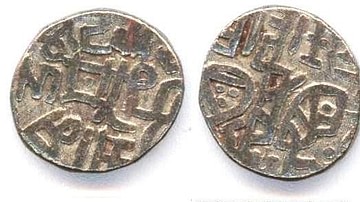
Image
Coin of Muhammad Ghori
Coin of Muhammad Ghori (r. 1173-1206 CE).
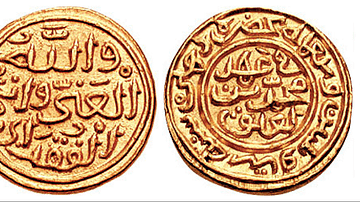
Image
Coin of Muhammad Bin Tughluq
A gold coin of Muhammad Bin Tughluq, Sultan of the Delhi sultanate in India (r. 1325-1351).
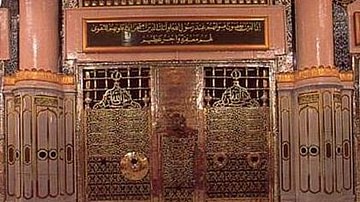
Definition
Islamic Caliphates
Caliphate (“Khilafat” in Arabic) was a semi-religious political system of governance in Islam, in which the territories of the Islamic empire in the Middle East and North Africa and the people within were ruled by a supreme leader called...

Definition
Ali ibn Abi Talib
Ali ibn Abi Talib, or simply Ali, (l. 601-661 CE) was among the first Muslims, a cousin and son-in-law of the Islamic Prophet Muhammad (l. 570-632 CE), and later reigned as the fourth Caliph of Islam from 656 CE to 661 CE, when he was murdered...
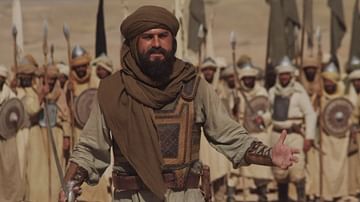
Definition
Ridda Wars
The Ridda Wars or the Wars of Apostasy (632-633 CE) were a series of military engagements between the armies of the Rashidun Caliphate (632-661 CE) and the renegade tribes of Arabia. The rebels had renounced their allegiance with the nascent...
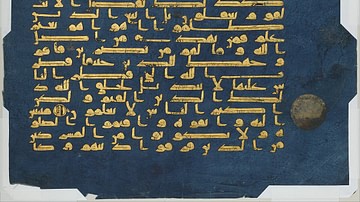
Definition
Quran
The Quran (also written Qur’an or Koran), revealed in the 7th century, is the sacred book of Islam, following in the tradition of the Abrahamic faiths, with the Torah as the sacred book of Judaism and the New Testament as the sacred book...
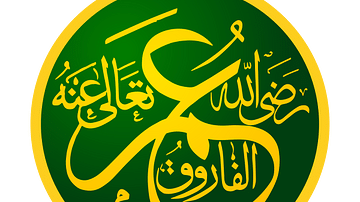
Definition
Umar
Umar ibn al-Khattab (r. 634-644 CE) was the second caliph of the Rashidun Caliphate (632-661 CE, as the first four caliphs are referred to by the Sunni Muslims). He was an early convert of Islam and one of the close companions of the Islamic...
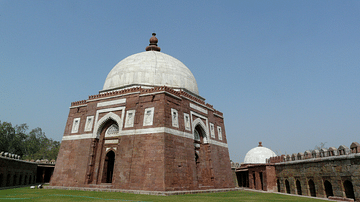
Definition
Tughlaq Dynasty
The Tughlaq dynasty (also spelt Tughluq), ruled the Delhi sultanate from 1320 to 1413. Followed by the Khalji dynasty and preceded by the Sayyids, the Tughlaq dynasty formed an important period in the history and culture of the Sultanate...
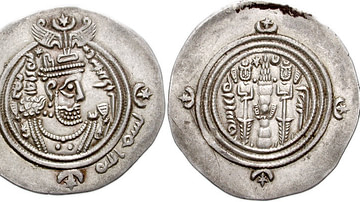
Definition
Rashidun Government
The Rashidun Caliphate (632-661 CE) was responsible for setting up the basis of the Islamic empire and expanding its borders beyond the Arabian soil. These leaders were selected by the consent of the people and based on their own merits...
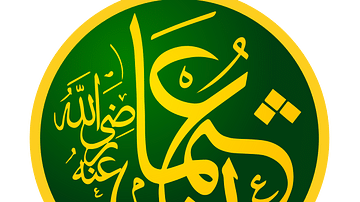
Definition
Uthman
Uthman ibn Affan (l. 576/583-656 CE) was an early convert to Islam, a close friend and son-in-law of Prophet Muhammad (l. 570-632 CE), and the third caliph (r. 644-656 CE) of the Rashidun Caliphate (632-661 CE). His charitable acts and modesty...